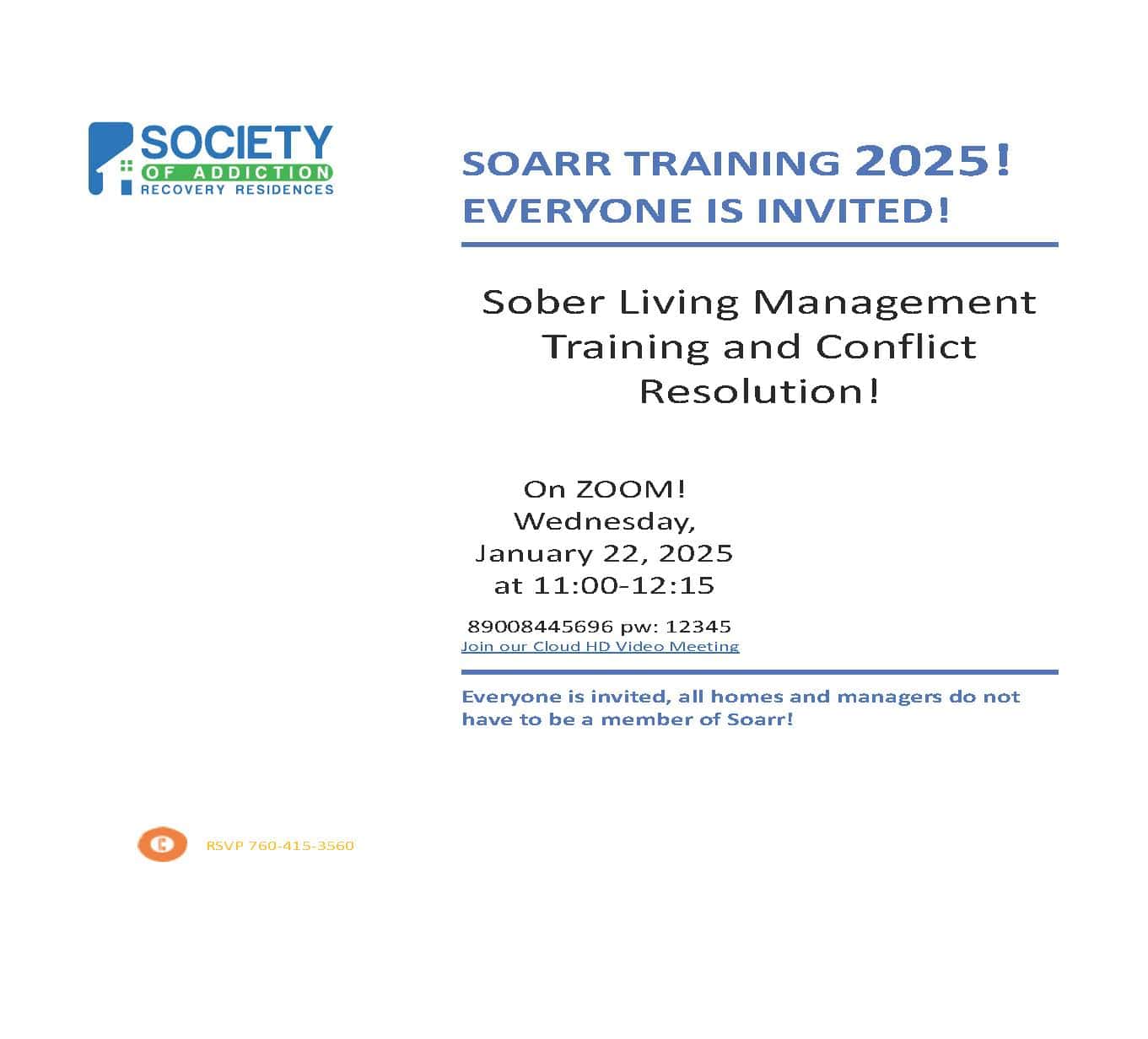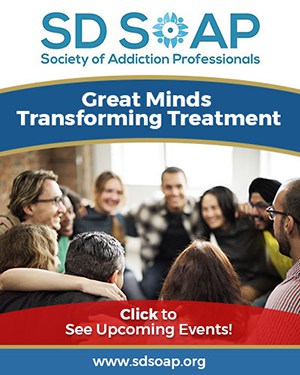Everyone in recovery from addiction has triggers. You may have explored them in drug treatment or therapy. Triggers can be anything from an emotion, a situation, or an event that remind you of using or make you wish you could use. Sometimes a trigger will sneak up on you even if you’re not aware it exists. Understanding these triggers can help you avoid them or cope with them when they crop up in the future. What are some of the everyday things that trigger you? Here are three things you might experience:
- Boredom. While many people consider negative emotions such as shame, guilt, loneliness, and anger as triggers for drug use, boredom is sometimes overlooked as a major trigger. When you were using your drug of choice, what did you do when you’re bored? You probably went through the process of getting and using that drug. While boredom isn’t painful, feeling like you are stagnant or “everything is the same all the time” are major red flags in recovery. You’ll need to find hobbies and fun things – even 12-step meetings – to fill your time when you’re feeling bored.
- Happiness. Everything seems to be going well in life, and you’re on the top of the world. But in your active addiction, you were used to feeling good and then bad. Many people in recovery feel uncomfortable when things are going well. You spent a lot of time waiting for the other shoe to drop while you were using. Life was hard, and good times seemed fleeting. Happiness can make you fear that something is going to change for the worse, or it can make you feel overconfident in your recovery. You may think it’s a good time to call up old using friends, visit old haunts, or do other things that can set you up for a relapse. When you’re feeling good, be grateful. Go to your meetings and call your sponsor. Happiness is a gift, and sharing with others can give them hope, too.
- Birthdays and recovery anniversaries. Celebrating a year that you are clean and sober can be a lot of fun, but many people use this time to reflect on the past. You may reminisce about past birthdays and partying on those days. You may feel regret, remorse, or even long for the days when you could get wasted on your birthday. Remember: Every day in recovery is a gift, and you can embrace that gift no matter how you feel. It’s okay for feel bad about the past, but remember that the present is pretty good, too. And your future is an open book where you get to make your own decisions. You have friends and loved ones who support you in recovery, and many of them want to celebrate your milestones with you. Don’t spend the day alone or with old friends. Plan to spend time with others in recovery and share your feelings about these milestones.
These are just three triggers that many people experience in recovery, especially in the first few years. Triggers can happen anywhere at any time. Make sure you plan how you will react to these feelings and share them with your support network. Your worst day in recovery is probably still better than your best day using. Keep doing the work on yourself to achieve your goals. You can stay clean and sober one day at a time, but you need others to help you every once in a while.
Finding Sober Housing
Many people find that they need more time to work on themselves after they’ve completed a treatment program. Living with others who have the same goals, and are actively working on themselves, can help you stay focused in recovery. A supportive sober housing program can help you strengthen your support system before you venture out “on your own”. Learn more about sober housing options by calling us at 619-828-2001.





